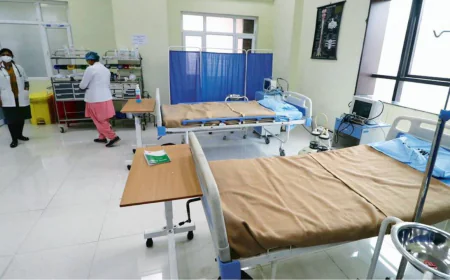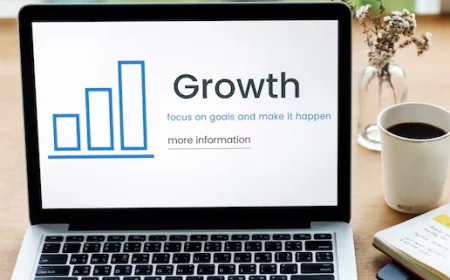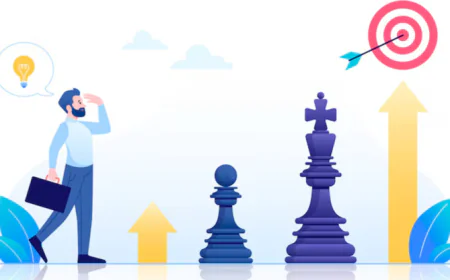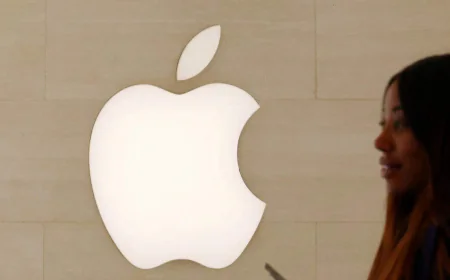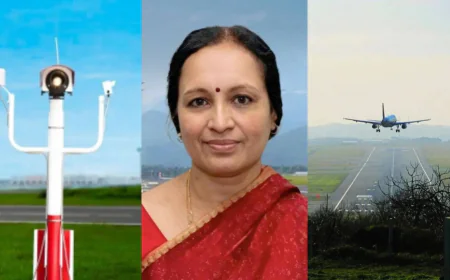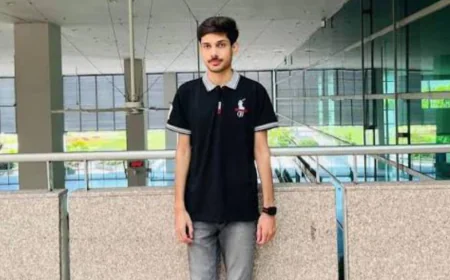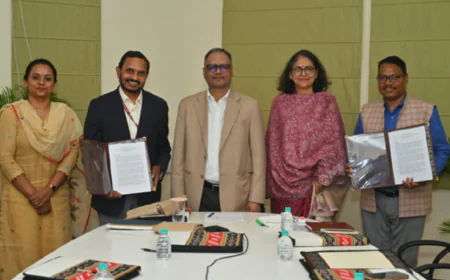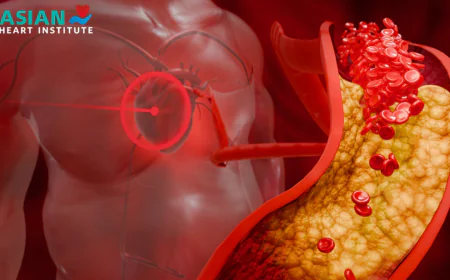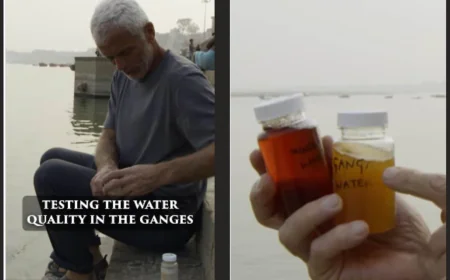Full-Body Scans of 100,000 Britons Could Transform Global Disease Detection
UK Biobank’s full-body imaging of 100,000 participants reveals game-changing insights into disease prevention, early diagnosis, and ageing. Learn how this global milestone is reshaping healthcare.
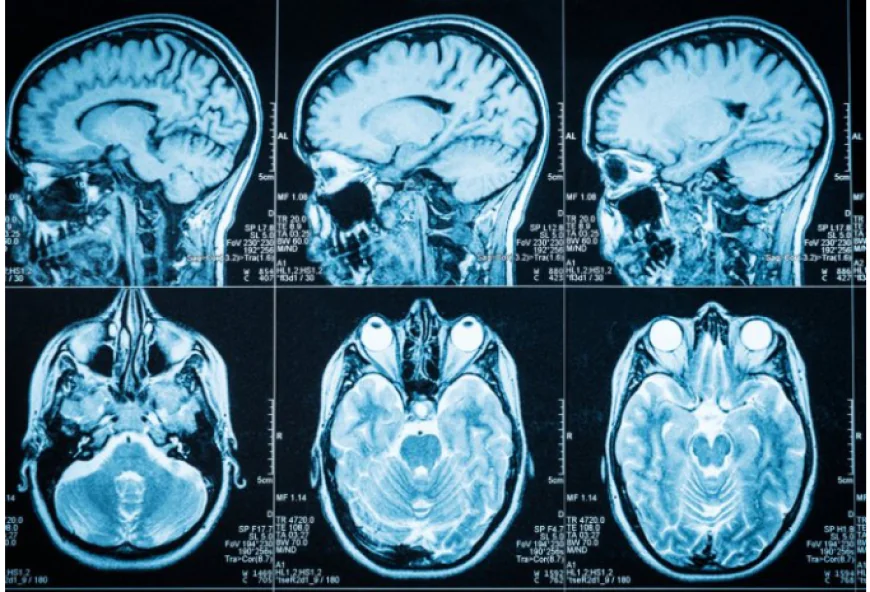
The UK Biobank has finished its big project to scan the whole bodies of 100,000 people. This is the biggest project of its kind in the world. The multimillion-pound project gives us a new way to think about how diseases start, spread, and can be found before they show signs.
The study began in 2014 and used MRI, ultrasound, and other advanced imaging methods to look at the brains, hearts, bones, and internal systems of the people who took part. Each worker worked for five hours, making more than 12,000 pictures. More than 1 billion pictures were made anonymously.
Naomi Allen, the Chief Scientist at UK Biobank, said the data was a "goldmine" for academics all over the world. She said, "This project is already changing the way we think about early diagnosis and prevention."
New ways of understanding disease
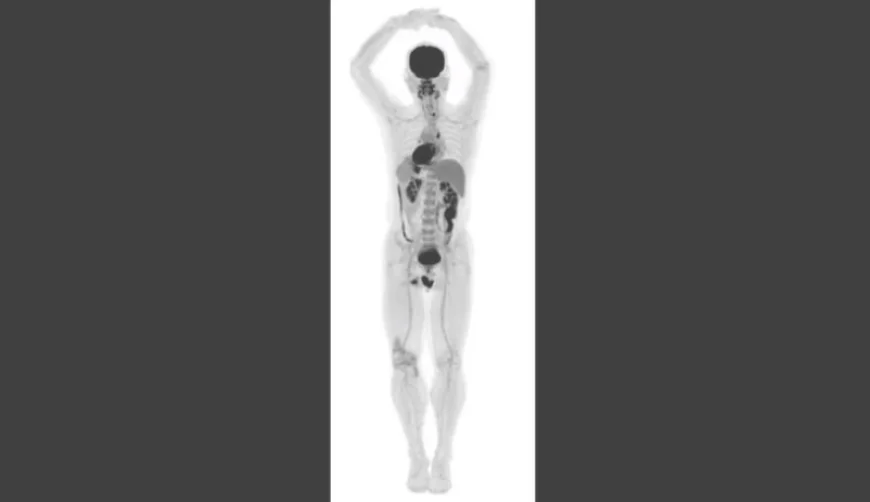
A lot of important things have already been learned from the image study. Researchers found that even mild drinking can shrink the brain in a way that is linked to dementia. The results also showed that even among people with the same BMI, the distribution of body fat, especially visceral fat, can vary greatly, which can change their health risks.
The scans have also been used to create AI tools that can find aneurysms and other life-threatening diseases more quickly and accurately. Soon, these tools could help doctors in the NHS, especially when it comes to finding diseases earlier in women, who are more likely to be misdiagnosed.
Keep track of changes over time
Now that the project is in its second phase, re-imaging 60,000 people to see how their bodies change over time. Early data shows that as people age, more fat builds up in their muscles. Researchers have given this effect the name "wagyu effect."
Researchers hope that this longitudinal data will help them figure out how diseases and aging change over time, which will help them come up with better ways to avoid them.
Global Effects on Health
It has already been used in over 1,300 peer-reviewed papers. High-resolution MRI techniques are being used by NHS clinics, especially in Oxford, to help find dementia earlier.
Volunteers like the husband and wife from Surrey, who were the 100,000th and 100,001st people to get scanned, have said that their work is an honor and a gift to science.











